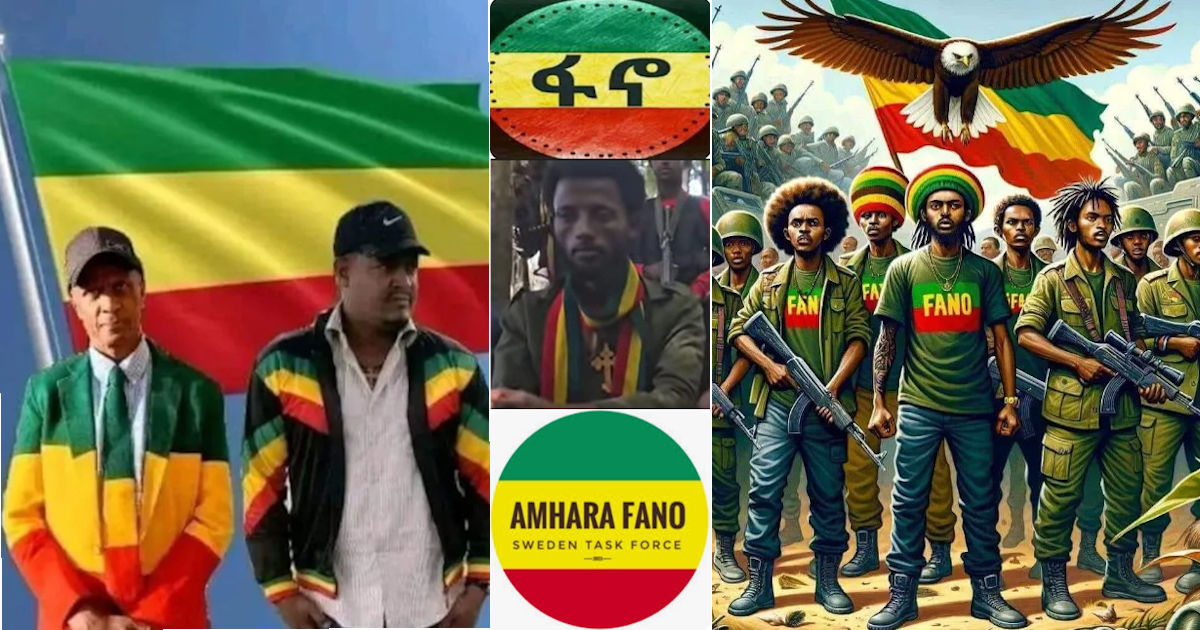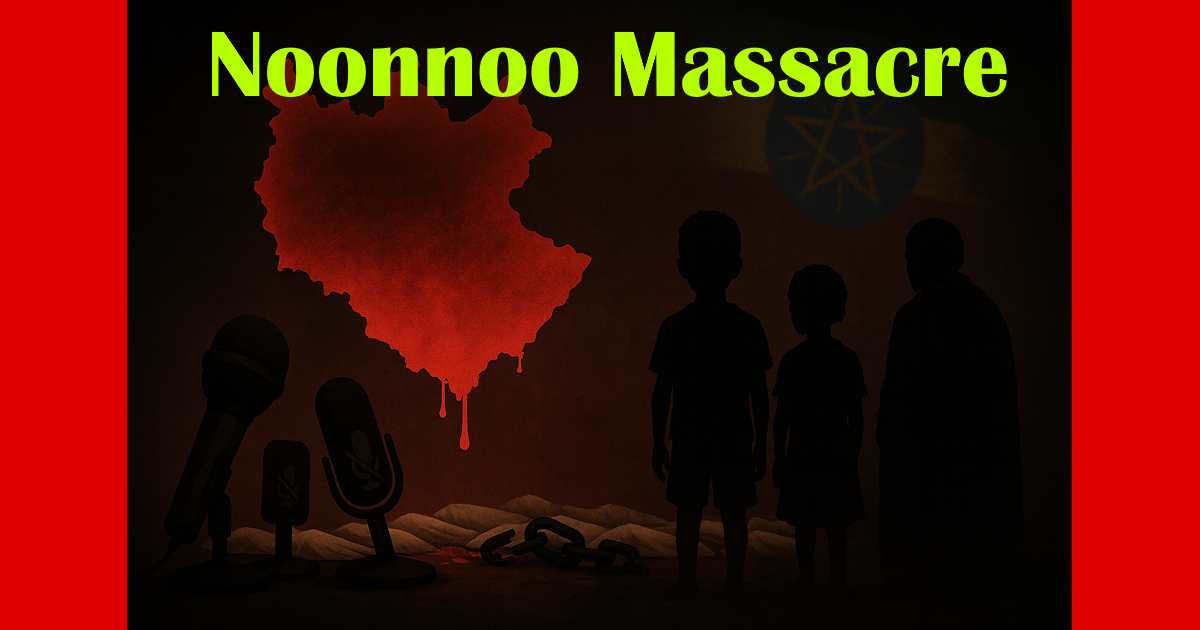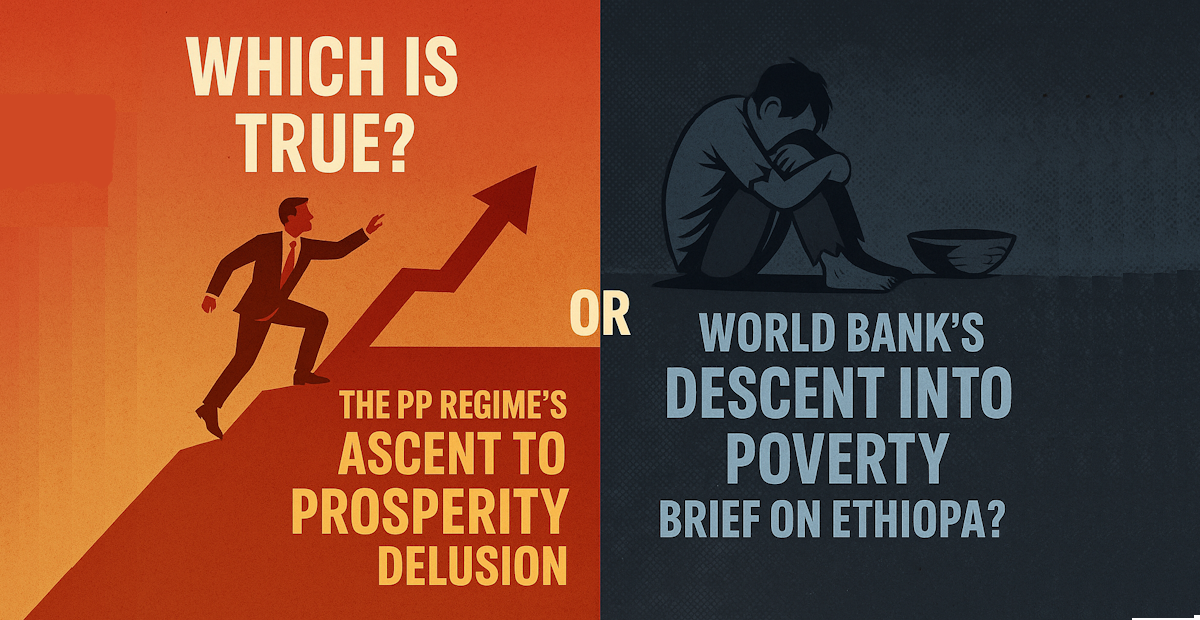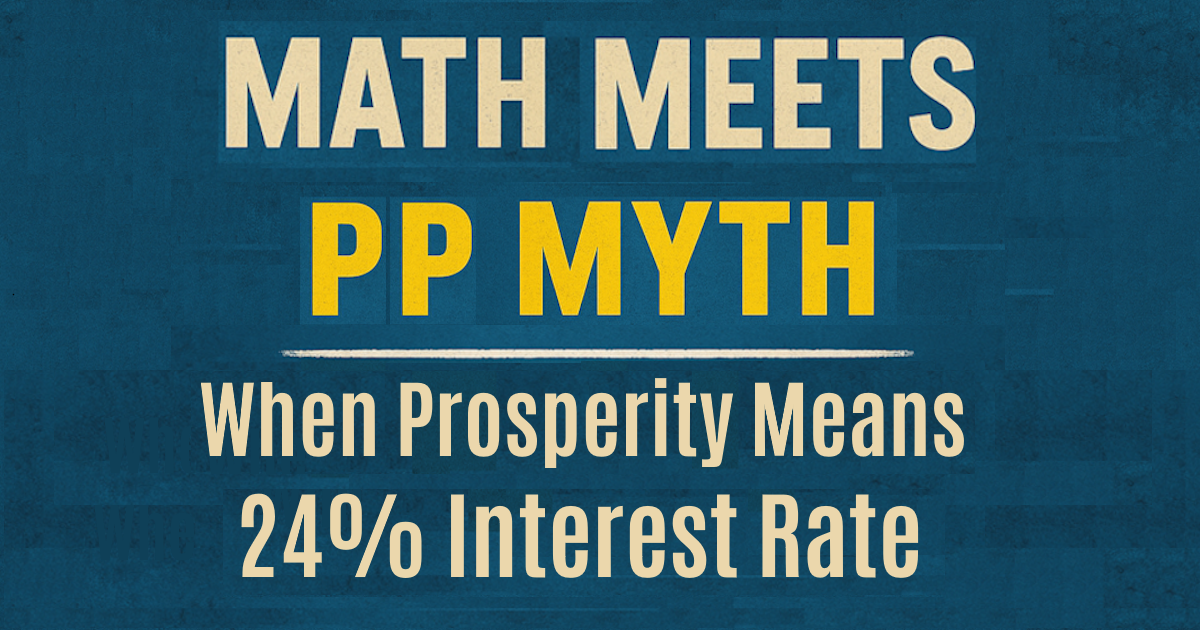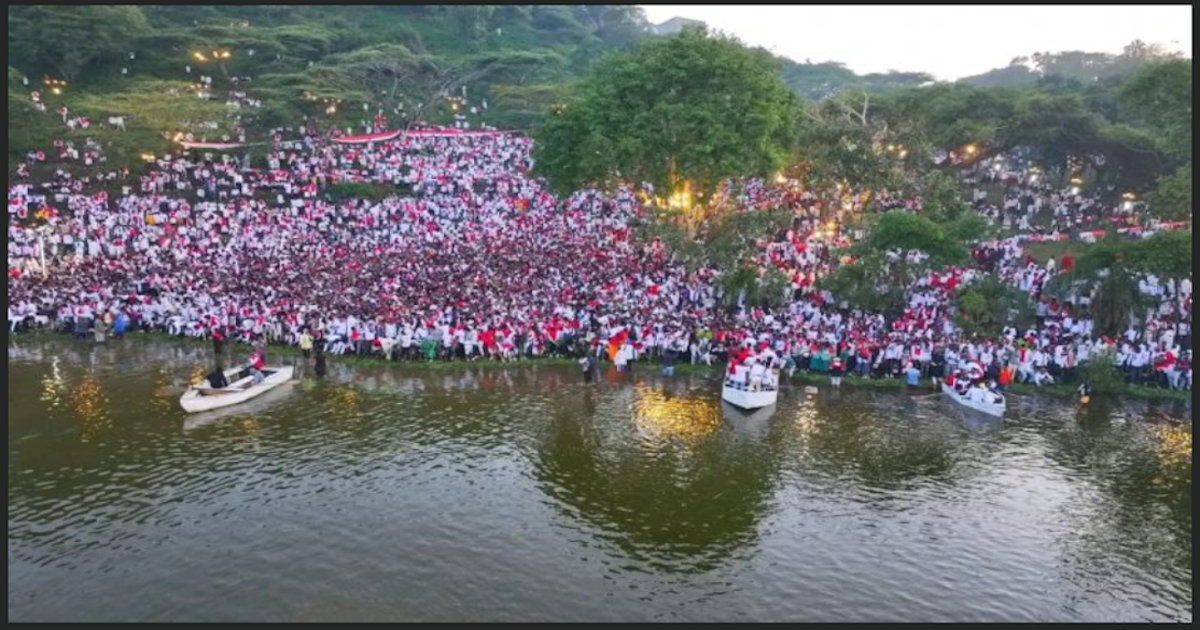Amhara Fano's Expansionist Vein Disguised as Peace A Comparative Reading of Responses to the U.S. Call for Negotiation
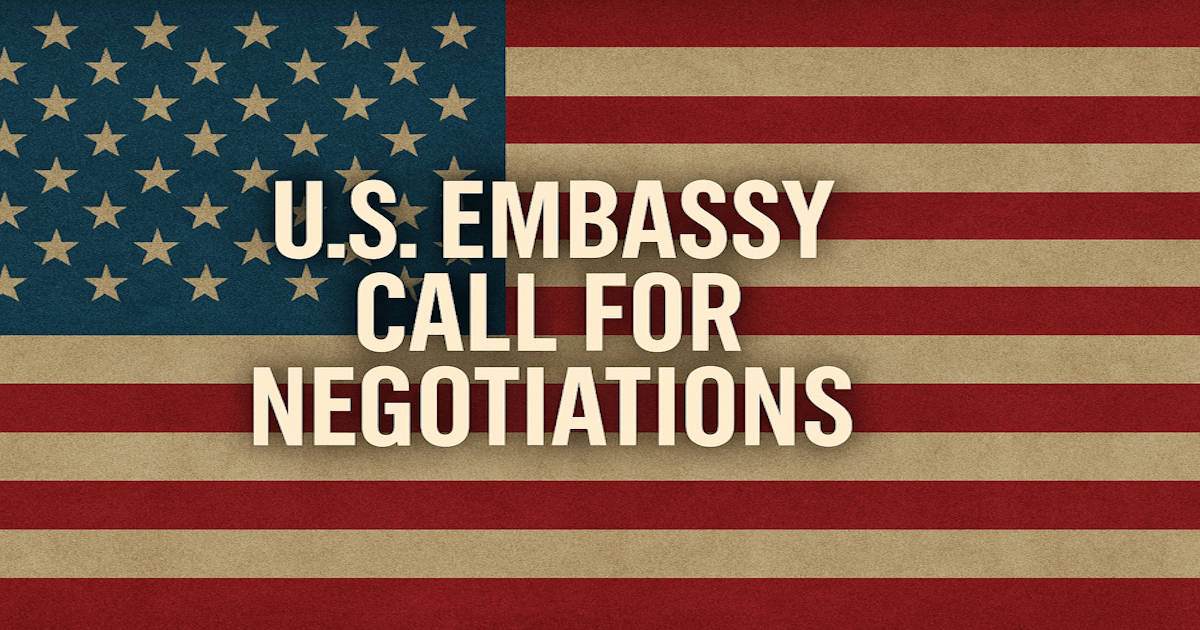
Excerpt:
Amhara Fano’s response to the U.S. call for negotiation reveals an expansionist agenda cloaked in grievance. Their demand to “return” disputed regions like Wolkait and Raya signals territorial revisionism. In contrast, the Oromo Liberation Army (OLA) emphasizes accountability and genuine dialogue. As journalist Sajid Nadeem noted in his May 24 podcast, Fano’s maximalist tone risks undermining peace. Negotiation must be rooted in inclusivity—not in reclaiming imperial boundaries through the language of justice.
Introduction
In the wake of the U.S. Embassy in Finfinnee‘s (Addis Ababa’s) call for dialogue among the Ethiopian government, the Amhara Fano militia, and the Oromo Liberation Army (OLA), both armed groups issued public responses. While both acknowledged the U.S. gesture, their tones and demands revealed divergent worldviews—and Fano’s reply, in particular, raises troubling questions about its ultimate vision for Ethiopia.
Amhara Fano’s Response
At first glance, the Amhara Fano National Force (AFNF) frames its demands in the language of justice: cessation of hostilities, accountability for alleged atrocities, and the restoration of peace. But beneath that surface lies an unmistakable expansionist current. Their insistence on the “return” of territories such as Wolkait, Raya, Metekel, and parts of Shewa—areas with contested histories and multi-ethnic populations—signals a maximalist agenda. These demands are not rooted in democratic negotiation or federal legitimacy, but in historical revisionism and irredentist ambition.
OLA’s Response
By contrast, the OLA’s response—while also demanding and critical—focused on systemic accountability, transparency in the negotiation process, and international oversight. It did not lay claim to contested territories nor predicate peace on territorial revisions. Their tone pointed to a desire for durable, structural resolution—not expansion.
Comparative Insights
The divergence between the two responses matter. While the international community seeks an inclusive, negotiated peace, actors like Amhara Fano are using the language of peace as a smokescreen for political and territorial ambition. Any future peace process must look past the rhetoric and scrutinize the agendas hidden within.
History has shown us: negotiations built on exclusion and conquest do not bring peace—they prolong war under a new name.
In Amhara Fano’s Response, the term “return” is particularly loaded. It suggests a singular narrative of ownership, erasing the lived presence and political agency of Tigrayans in Wolkait, Oromos in Shewa, and Oromo and Gumuz communities in Metekel. It echoes an old imperial mindset: that land belongs to those with historical muscle, not to the communities currently living there.
Fano’s refusal to acknowledge the plurality of Ethiopia’s federal makeup, or the rights of other groups to self-governance, lays bare a zero-sum ideology. Their precondition for negotiation—the dismantling of regional governments and military withdrawal—is not a peace gesture, but a bid for dominance. Peace becomes conditional upon conquest.
These insights are echoed by journalist Sajid Nadeem in his May 24, 2025 episode of My Views On News, titled “Oromo Liberation Army Outsmarts Amhara Fano” on his YouTube Channel (@MyViewsOnNews).
Nadeem critically unpacks Fano’s response to the U.S. call, pointing out that their insistence on regaining disputed regions mirrors an expansionist worldview that ignores present demographic and political realities. He contrasts this with the OLA’s approach, which he describes as tactically and diplomatically superior, rooted in demands for structural justice and international accountability rather than land claims. His perspective adds further weight to the growing concern that Fano’s peace language is being weaponized as a strategic tool of revisionist nationalism.
References
-
- AFNF Official Response (Amhara America)
- Re: US Embassy’s Call for Peace (OLF-OLA Press Release)
- Sajid Nadeem’s Analysis (YouTube)
- Kumaa Daadhii, The Ethiopia Flag is a Sign of Neo-Colonialism, Not Unity22 December 2024, OROMIA TODAY.
- Yadessa Guma, Amhara Fano, Don’t Dare Invading Wallaga: Risking Strong Enmity Between the Amhara and Oromo Nations, 23 December 2024, OROMIA TODAY.
- Kumaa Daadhii, The Ethiopia Flag is a Sign of Neo-Colonialism, Not Unity, 22 December 2024, OROMIA TODAY.
- Elemoo Qilxuu, Ten Profound Contrasts Between OLA and Amhara Fanno, 5 March 2024, OROMIA TODAY.

